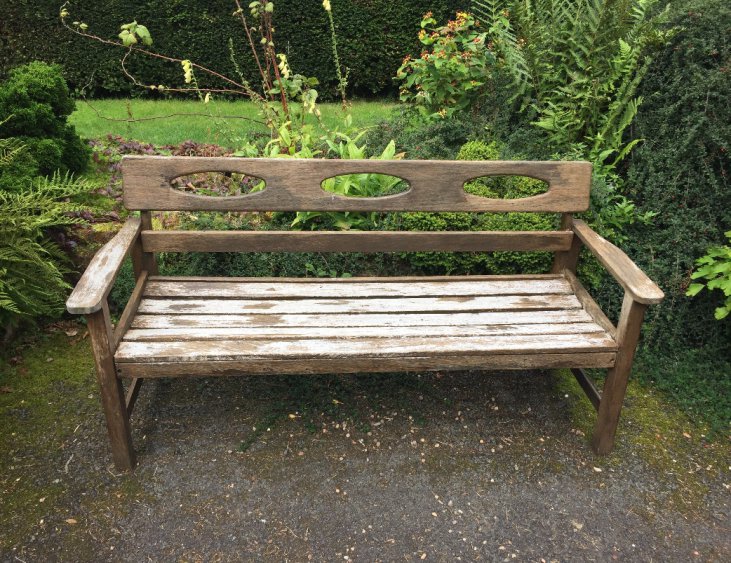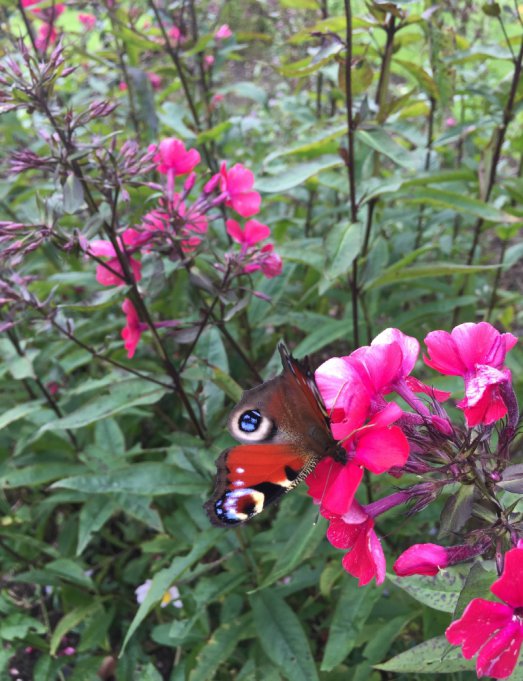03/09/20 BLOG 13: SELF-CARE AS A COLLECTIVE CONNECTION
|
Hi everyone, Anna here. Kathryn’s Masterclass on connection last week got me thinking about how connection can translate into self-care. We have looked recently at self-compassion, the idea of speaking to ourselves as we would someone we care about and essentially giving ourselves a break. I want to take this one step further as we think about self-care as a collective notion – something we can do together. And when self-care fails to work, something we can ask others to help us with.
This pandemic has been tough on all of us in one way or another. A colleague recently suggested to me that everyone has had their “own version of crapness.” It’s led to some of us feeling isolated or lonely, it’s triggered mental health issues in others and for some has just been an ongoing struggle and slog. The flip side of this however is that I’m also not sure if I’ve ever lived through a time where there have been so many positive messages of togetherness, as well as things like mutual aid groups springing up where people have offered genuine care for one another. Collective self-care can look as simple as finding connection with other people. We identified the power of connection as one of our 5 categories of self-care in part as a reaction to the co-opting and Instagram-friendly-ing of self-care. The idea that we have to fork out lots of money on the right candle, or gym gear, and take the perfect selfie and hashtag it with self-care is one that makes us feel we have to do self-care in a certain performative way and often alone. The idea of self-care as connection helps to debunk this myth. Connecting with other people can be as simple as making dinner for a friend (see Kathryn’s recent masterclass where she turns that into a whole fun creative exercise), talking to people with similar passions or joining a local mutual aid group to feel connected to a cause bigger than ourselves. It can also be about connecting with others around a shared purpose, fighting against the systems that tear us down on a daily basis. It’s about moving our focus outward, thinking not just about what we can do for ourselves, but what we can do for others and what others can do for you. “Caring for ourselves can be done together too. We can share a meal, spend time doing something together, sit in circle and, if the emphasis is on care and holding each other in healthy ways, experience many of the benefits we receive from solo-time.” Mary Ann Clements Self-care is a way of surviving adversity. We do not live in a fair and equal society; women throughout covid have borne the brunt of the financial, emotional and caring aspects of the world we currently find ourselves living in. Self-care within this context is a political act – being able to say to yourself “actually, I am enough and worthy” is a big rejection of the systems and structures trying to wear you down and make you feel as if there’s no point in taking care of yourself. This doesn’t mean that you have to join a political movement to do that (although more about that shortly!), the very act of you feeling you have and deserve the time to do something for your self is an act of resistance. You are worthy, no matter what Instagram, the patriarchy or capitalism have to say! I know that this can feel overwhelming though, so I’m here to say you are not alone! You don’t have to rip down these structures yourself – nor do you have to take the burden of self-care on all by yourself. “Caring for yourself became a way of preserving yourself in a world that was hostile to your identity, your community and your way of life.” The Guardian The recent coming together around Black Lives Matter is an amazing example of how people are fighting for change collectively. People have taken part in this in different ways depending on their capacity – for some, it has been about re-educating themselves around privilege, power and who has it, for others it has been about donating to causes such as Black Minds Matter or fundraisers for the loved ones of people like Breonna Taylor who was killed by police or Mercy Baguma who recently died in Glasgow , while others have attended demonstrations. There’s not 1 way to be involved in the movement but the movement itself has given many people hope, focus and a way of being part of something bigger than themselves that seeks to make a difference to the inequalities in society. Collective self-care doesn’t have to be about joining a political movement, however. It could look like joining a mutual aid group as we move onwards with the route map phases if you have the time and capacity, or maybe finding a volunteering opportunity that fits around your life or even reaching out to lonely neighbours or friends during this difficult time. For some, just going somewhere to be around people might bring some bring respite and connection – you could go and sit on a bench in a local park and just watch and soak up the humanity all around you. No need to interact with anyone, or get too close, just a reminder that you are not alone in the world. If this isn’t for you, how about asking a friend or family member to occasionally text you to remind you that you are not alone, you are loved or even to offer the connection of a brief “hi, how are you?” |
For me, I found that regular walks in the park at freaked me out as much as they helped me at the beginning of the pandemic because I didn’t want to be too near to anyone – so I needed to find a different way to connect with people that didn’t make me feel anxious. Regular readers of this blog will know that I am essentially an 80-year-old in a slightly younger body and have found knitting really helpful as a form of self-care during the pandemic. After knitting hats for every new baby I knew, I felt a bit at a loss of who to knit for next (my close family have already been gifted more than 1 wonky handknitted hat from me over the years!). Thankfully, I stumbled across a Facebook group which posts appeals for hospitals for hand knitted baby items and decided to start knitting hats and bonding squares to send. This worked for me as a way of connecting, giving something back and taking part in something bigger than myself while fitting into my life at the moment.
That’s not to say all of us are currently in the place to connect around a shared purpose – it may be that we are the ones who need others to connect with us to help us through this difficult time and that is OK too. We all need extra help at times and ways of connecting with those who can provide it. It might be that the way you are feeling right now is that self-care just isn’t enough for you. If that’s the case, please don’t turn that around against yourself or take it as any kind of failing. Self-care as a collective connection means that other people are there to help you when you are feeling this way. There are services you can reach out to for emotional and practical support with whatever is going on with you that feels too much right now.
If you’re really struggling with the idea of self-care and don’t know where to start, here’s a helpful article full of ways to do something that might help how you’re feeling right now. If that also feels overwhelming and too much for you, then there are services who can help. Here at CLiCK we can offer emotional support, as well as a referral to counselling via the Encompass Fund and support and advocacy to tie in with local mental health services. We offer confidential webchat sessions : MONDAY: 11AM-1PM & 4PM-6PM TUESDAY: 11AM-1PM & 4PM-6PM WEDNESDAY: 3PM-7PM THURSDAY: 11AM-1PM & 3PM-7PM FRIDAY: 11AM-4PM And Our helpline on 0300 124 5564 is open: TUESDAY: 3pm-5pm WEDNESDAY: 11am-7pm THURSDAY: 6pm-9pm SATURDAY: 12pm-2pm You can contact Samaritans via phone on 116 123, email them at [email protected] or write them a letter Breathing Space is a confidential phoneline for anyone in Scotland over the age of 16, feeling low, anxious or depressed. Their number is 0800 83 85 87 and they are open - Weekdays: Monday-Thursday 6pm to 2am Weekend: Friday 6pm-Monday 6am Umbrella Lane who are a peer led sex worker organisation have linked with Wellbeing Scotland to provide counselling sessions You can also speak to your local GP if you feel comfortable to see what options there are for mental health support for you locally We would love to hear how you are doing and any thoughts you have on Together Alone. You can contact us here. Looking forward to chatting and take care,
|





